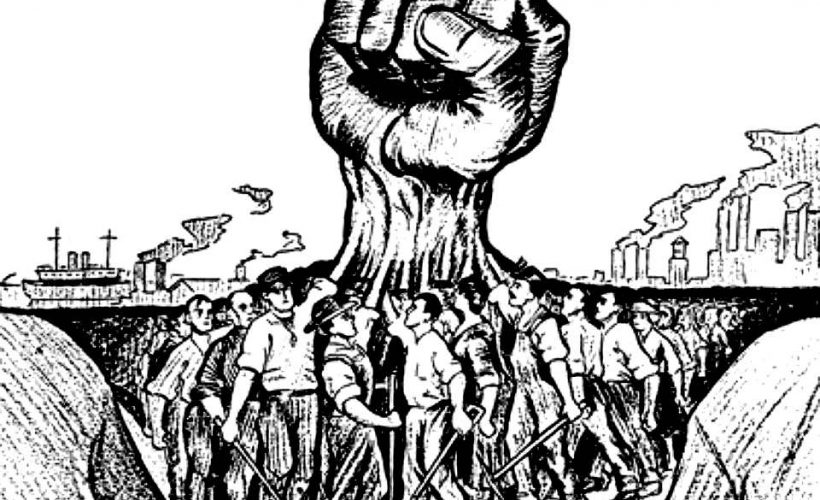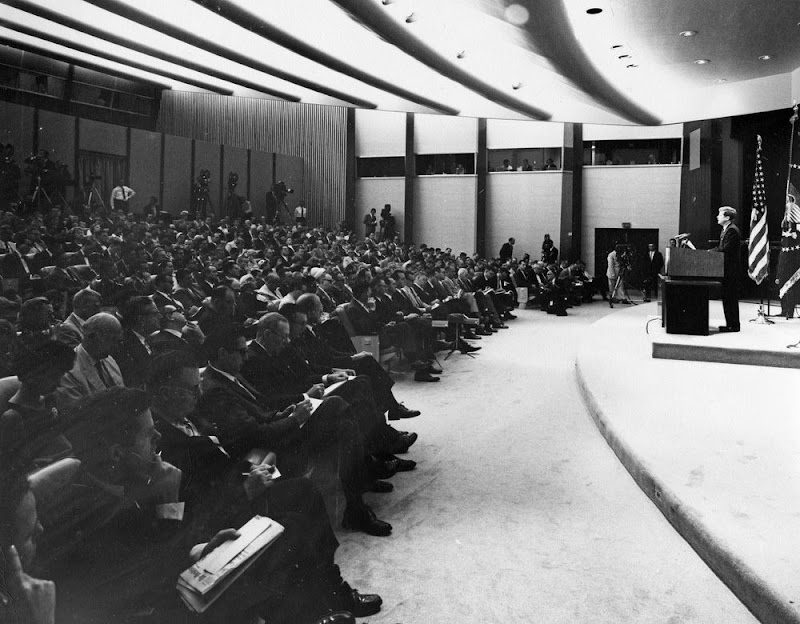
Clintonite corporatists still control the Democratic National Committee despite their long string of failure at the polls. But the overwhelming majority of Democratic Party voters—72%—are self-identified progressives.
44% of House primary candidates in 2018 self-IDed as progressive. If you’re after the Democratic nomination for president you have to be—or pretend to be—progressive. Even Hillary Clinton claimed to be “a progressive who gets things done.”
All the top likely contenders for 2020 claim to be progressive—but they would prefer that voters ignore their voting records and unsavory donors. “Kirsten Gillibrand, Cory Booker, and Kamala Harris have spent the past two years racing to the leftmost edge of respectable opinion,” reports New York magazine. “In recent weeks, they have also all reached out to Wall Street executives, in hopes of securing some funding for their prospective presidential campaign.” It does no good for your heart to be in the right place if your ass is owned by bankers.
“You don’t just get to say that you’re progressive,” Representative Pramila Jayapal, co-chair of the Congressional Progressive Caucus, told progressive donors recently.
Jayapal, a Washington Democrat, called the 2020 election a chance to “leverage our power.” She says it’s critical “that we have some very clear guidelines about what it means to be progressive.”
Here are those guidelines.
You can’t be a progressive unless you favor a big hike in the minimum wage. Elizabeth Warren, the first pretty-much-declared candidate for 2020, wants $15 an hour. But she told a 2013 Senate hearing that it would be $22 if it had kept up with increases in worker productivity. The official inflation rate makes that $24 today. And according to the real inflation rate (the official number as it was calculated before the Labor Department downgraded the calculation in 1980 and 1990) at ShadowStats.com, $22 in 2013 comes to at least $35 today.
If the minimum wage had kept up with inflation since 1968 using the same methodology used to track inflation at the time, it would be closer to $80 per hour.
What should be the progressive demand for the minimum wage? Nothing less than $25 per hour.
(For the record, I see no reason why the minimum wage should be lower than the maximum wage. But we’re talking about progressivism here, not socialism or communism.)
Thanks to Bernie Sanders’ 2016 campaign “free college became a litmus test for liberals,” notes The Atlantic. But a 2017 bill cosponsored by Sanders and Warren defines “college for all” rather narrowly. It only addresses public colleges and universities. It would “make college tuition free for families earning $125,000 a year or less and allow current student loan borrowers to refinance their debt at lower interest rates.”
A quarter of American college students attend private schools. Considering that the average cost is $35,000 a year and some run as high as $60,000, even families earning more than $125,000 need help too.
The progressive stance on college should be three-pronged. First, the obscene $1.5 trillion student loan business should be abolished. Student loans should be replaced by grants but if loans exist at all they should be a zero-profit government program. Second, all outstanding loans should be forgiven or have their interest rates dropped to a zero-profit basis. Third, the government should rein in out-of-control public and private college tuition and fees—which have gone up eight times faster than wages—by tying them to the official federal cost of living index.
Progressives agree that Obamacare didn’t go far enough. With 70% of voters in favor, even centrist Democrats like Kamala Harris have climbed aboard Bernie Sanders’ call for “Medicare for all” bandwagon. Warren, Gillibrand and Booker now say they want single-payer public healthcare. Being progressive, however, means demanding more than what mainstream politicians deem practical—it’s about pushing hard for more ways to improve people’s lives.
In 2020 progressives should be calling for nothing less than universal healthcare. If it’s good enough for the rest of the developed world and many developing countries like Botswana and Bhutan, why not us?
I cosigned a letter to Sanders calling on the Vermont senator to use his platform as the country’s most prominent and popular progressive to talk more about foreign policy and to openly oppose militarism. Now it’s time to get specific.
Progressives should demand that U.S. troops come home from any country that did not attack the United States—i.e., all of them. They should put an end to the disgusting drone wars. The bloated nearly-$1 trillion Pentagon budget should be shredded; let’s see what they can do with $100 billion (which would still be far more than Russia’s defense spending).
From banks that charge usurious credit card interest rates to employers who fire full-time employees and hire them back as “independent contractors,” there are plenty of other targets for progressives to go after.
Progressives: you are no longer the ugly stepdaughter of the Democratic Party. You own the joint.
Now’s the time to demand what’s yours, what you want and what’s right.
(Ted Rall, the cartoonist, columnist and graphic novelist, is the author of “Francis: The People’s Pope.” You can support Ted’s hard-hitting political cartoons and columns and see his work first by sponsoring his work on Patreon.)





 Never mind the policies. For the purpose of this discussion—a discussion our country desperately needs to have—politics are an annoying, distracting rabbit hole.
Never mind the policies. For the purpose of this discussion—a discussion our country desperately needs to have—politics are an annoying, distracting rabbit hole.
